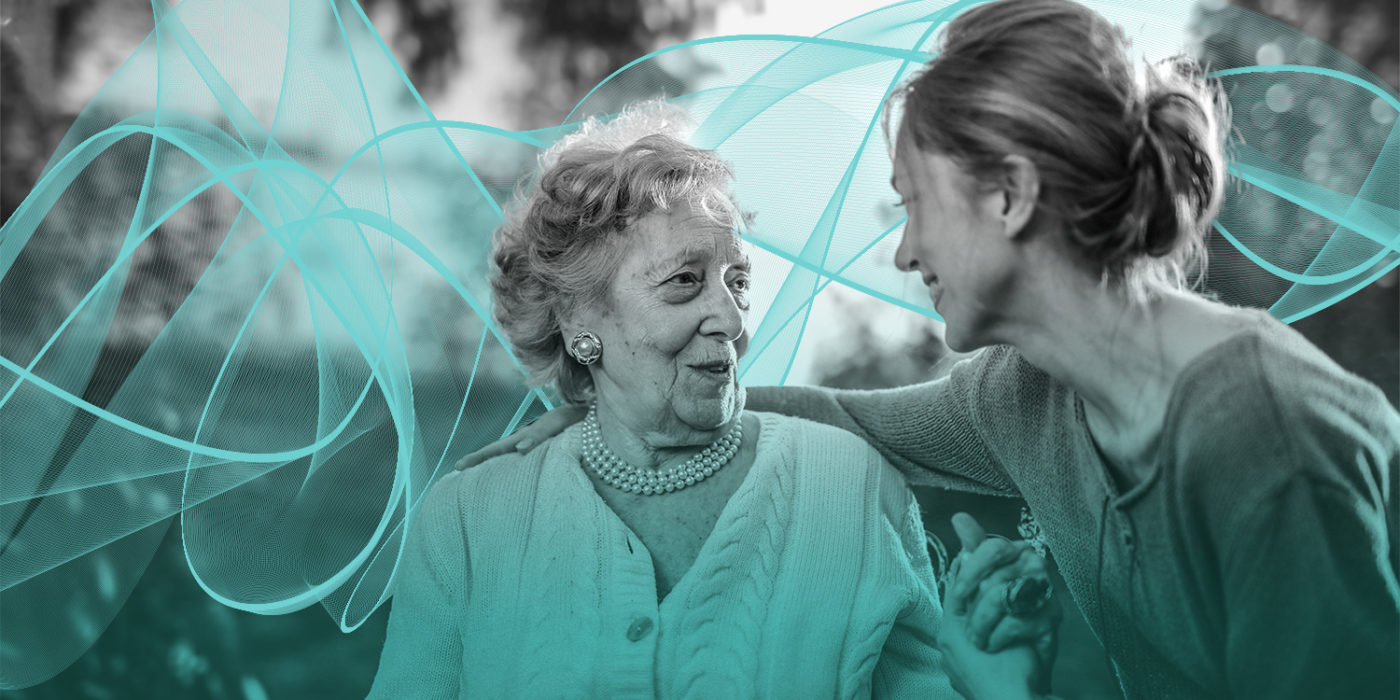What is Grief or Loss & How to Navigate the Process
At some point in our lives, we will experience a loss. Maybe it is the loss of a close friend, a family member, a beloved pet, or even a way of life. Whatever it is you lost, grief is sure to follow. Grieving is a natural and healthy way of dealing with loss, but sometimes we can get stuck in the grief, unable to move forward with our lives or truly appreciate the memory of the person or thing we lost.
Navigating grief is tricky, but you don’t have to do it alone. Fitcy Health online psychologists will meet you wherever you’re at on your journey through grief and help you find peace and love.
What are the 5 stages of grief?
When navigating grief, many people go through 5 stages:
- Denial/Isolation - A defence mechanism against the initial pain of loss. It might look like not acknowledging the loss, pretending everything is okay, or cutting yourself off from everything that reminds you of your loss.
- Anger - When we are forced to confront our loss, anger often takes the place of denial. We might lash out at people we don’t mean to, become bitter over small disagreements, and carry a feeling of unfairness with us wherever we go.
- Bargaining - After the anger drains out, we might try to change our circumstances through bargaining. Whether this bargaining is directed towards a religion/spiritual practice, the people in our lives, or ourselves, it can have debilitating effects on our lives.
- Depression - This stage is where we begin to feel the full weight of our loss. Loss is part of the human experience, but that does not make it easier to go through.
- Acceptance - This is the end goal of grief counselling, where you can honor the memory of your loved one without feeling the pain. The people we’ve lost should be remembered, but grief can often blur the image of them. Acceptance is the full circle of grief, where we’ve had time to feel the pain and come out of it stronger and healthier.
If you’ve just lost someone or are in the process of healing from a loss, it can feel like you’ll never be whole again. If hopelessness is beginning to seep in, hold on. Grief does pass, and with it will come a renewed sense of love and peace. There is a saying that “time heals all wounds”, and while that can be true, therapy and actively helping yourself go a long way towards healing.
How to Navigate the Grief Process
The importance of psychotherapy to get through grief and not get stuck is the possibility to have your own private space where you can talk about your feelings and emotions, the fears, the loneliness, the relief people could feel about a loss, perhaps after a long and difficult disease or a setback.
Fitcy Health online therapists are trained and qualified to address all kinds of grief and can help you walk through this difficult time. While there are certain techniques that a
grief counsellor can help you with, there are other simple things you can do that will help you move through the stages of grief and into acceptance.
1. Rely on your social support system - Even a simple phone call with a loved one can go a long way in making you feel loved and supported. It can help you remember what grief makes you forget - you are not alone.
2. Establish boundaries - Not everyone will know how to react to your loss and grief. Others will want to help but won’t know-how. Both can result in you being hurt by good intentions. Be honest with the people in your life about what boundaries you need and how exactly they can help you in your time of grief.
3. Maintain your hobbies and interests (or form new ones!)
- a loss can shake the foundation of our life. Keeping up with the passions that brought you joy before will help you remain rooted in who you are and not get stuck in grief.
4. Express your feelings - Find a way to express yourself that makes you feel comfortable. Some people talk through their feelings, others write, paint, sing, or exercise. Whatever your method, emotions are meant to be expressed. Allow yourself to feel all of them
.
An aspect to consider in healing the grief is the approach of self-compassion, that our therapists use in Compassion Focused Therapy (CFT). The assumption of Compassion focused therapy is that grief is a complex emotional process. Self compassion can provide entitlement and strength, a confidence about one’s self-value, which supports the patient in the grief process
Grieving is hard, there’s no way around that fact. As you grieve,
Fitcy Health has online, affordable therapists that are here for you. If you find yourself getting stuck in the stages of grief and unable to move forward with your life, reach out to us. We have trained grief therapists who are ready and able to talk with you.
Click here to be matched with one today.



 Let me support you in finding what’s going to keep you going on your journey!
Let me support you in finding what’s going to keep you going on your journey!